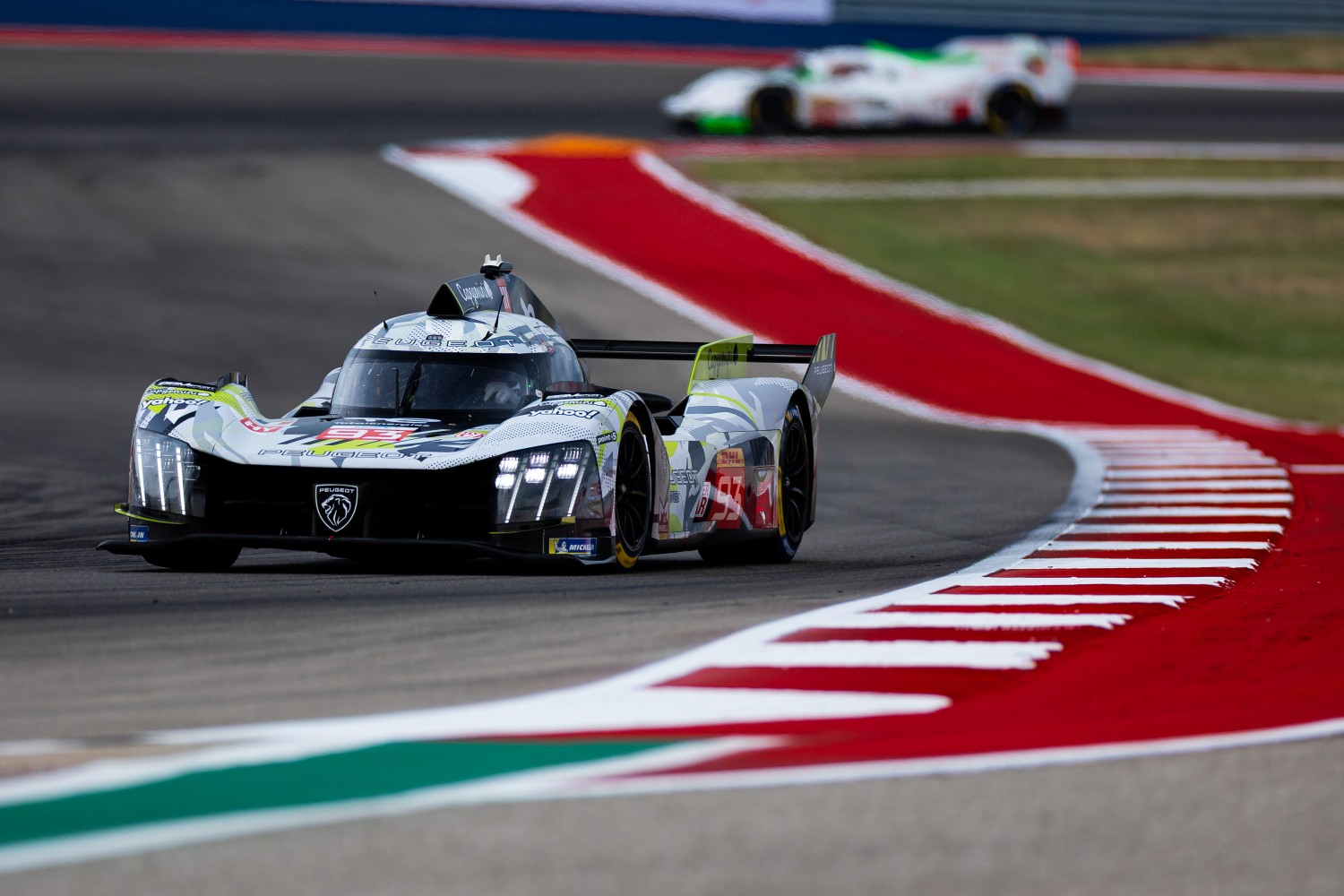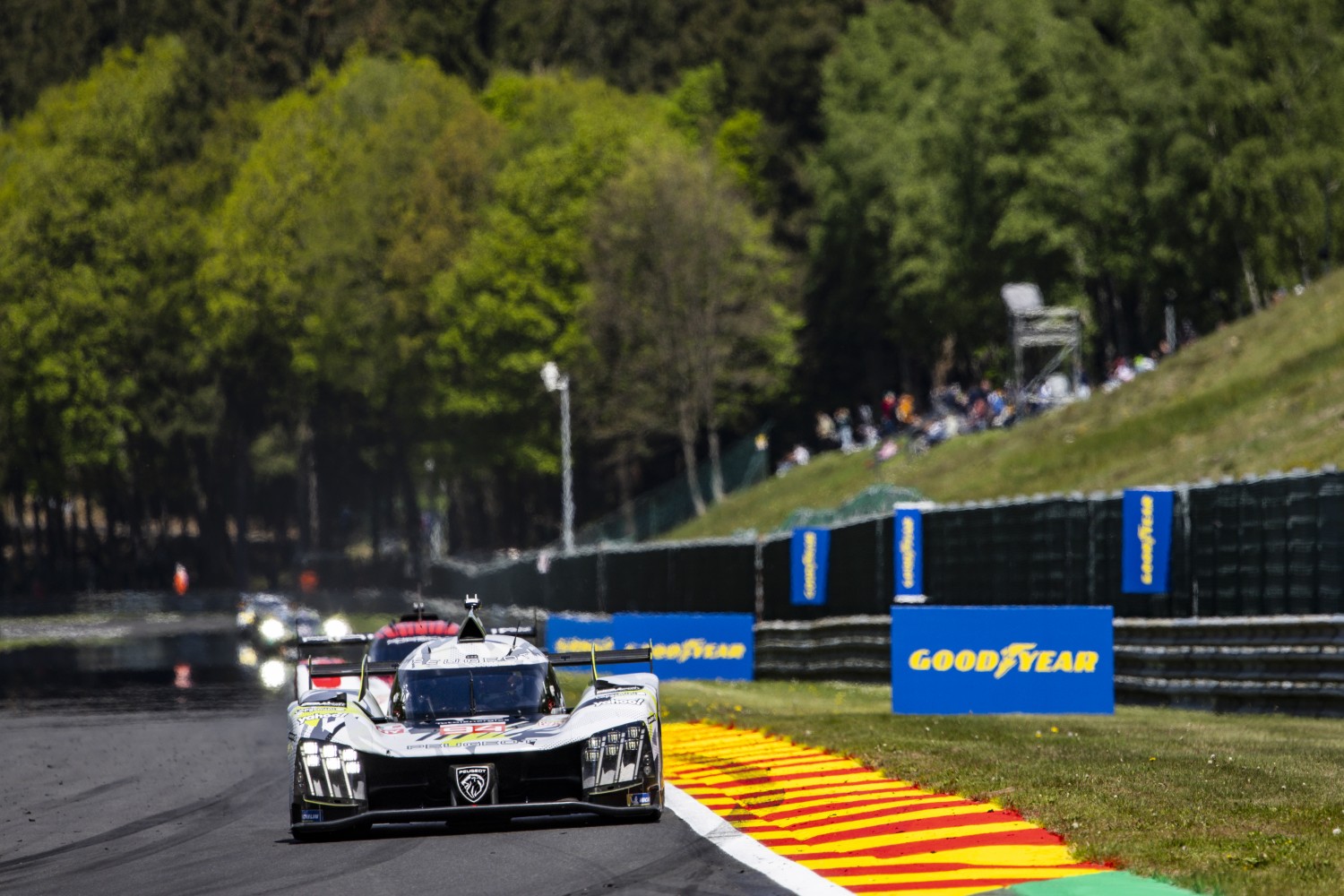WEC News: Peugeot Awaits Regulatory Clarity, Toyota Questions BoP Future
Peugeot Sport is at a critical juncture in its FIA World Endurance Championship (WEC) Hypercar program, as it awaits clarity from rulemakers on whether it can develop a new car to replace its current 9X8 LMH for the 2027 season.
Technical Director Olivier Jansonnie indicated that discussions with the FIA and ACO are intensifying, with a decision expected within weeks. Peugeot, struggling to secure a maiden victory despite recent upgrades to the 9X8, is pushing for an all-new model rather than further refinements to its existing platform.
Peugeot’s third- and fourth-place finishes at the rain-affected Lone Star Le Mans at Circuit of The Americas (COTA) marked its best performance yet, but competitive challenges persist. Jansonnie emphasized the need for a balance in regulations to allow updates for veteran teams like Peugeot without escalating costs or unfairly favoring newcomers.
The extension of Hypercar regulations through 2032 adds complexity, as manufacturers debate whether additional homologations or “Evo jokers” will be permitted to keep older cars competitive.

Toyota Skeptical
Meanwhile, Toyota has expressed skepticism about the potential elimination of Balance of Performance (BoP) in the WEC if the series moves toward a single converged Hypercar platform.
Related Article: WEC News: Cadillac and Porsche learn what BoP Socialism in racing means
David Floury, Technical Director at Toyota Gazoo Racing Europe, argued that even with standardized components like batteries, a single platform would not negate the need for BoP. He highlighted the significant performance differences among manufacturers due to varied design approaches, using the example of a 100 kg weight variance in WEC cars compared to a mere 10 kg in GT3 racing.
Floury suggested that while a single platform could simplify some aspects, factors like aerodynamics and tire performance would still require BoP to ensure fair competition. Toyota, a dominant force in WEC with its GR010 Hybrid, remains cautious about regulatory shifts that could impact its competitive edge as discussions about future rules continue.
